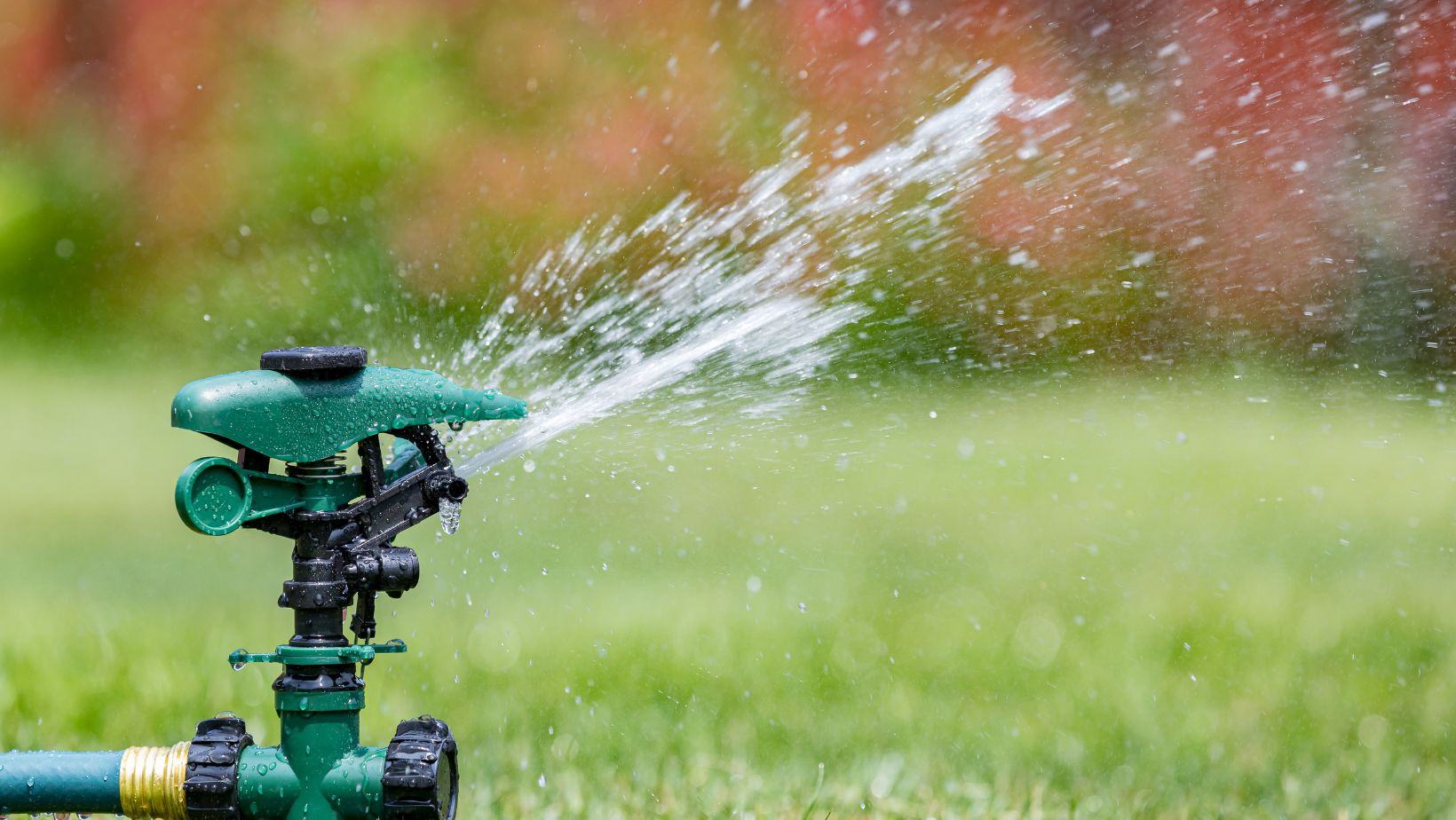
Water billing plays a crucial role in our lives by accurately tracking and charging for the water we consume. Understanding water billing is important for both homeowners and business owners, as it allows us to make informed decisions about our water usage and manage it more efficiently.
Here are a few reasons why water billing is important:
1. Cost Management
2. Conservation Awareness
3. Leak Detection
4. Fair and Accurate Billing
5. Compliance with Regulations
Water billing is not just about receiving a monthly statement; it is an essential tool in managing our water usage, conserving resources, and promoting fairness in our communities. By understanding the importance of water billing, we can take control of our consumption and contribute towards a sustainable future.
Understanding Water Meters
Water meters play a crucial role in accurately measuring and billing customers for their water usage. In this section, I’ll discuss the importance of understanding water meters and how they contribute to fair and accurate billing.
1. Measuring Water Usage
Water meters are installed at residential and commercial properties to measure the amount of water consumed. They come in different types, such as mechanical meters with dials and digital meters with numerical displays. By monitoring the flow of water, meters provide an accurate measurement of usage, ensuring that customers are billed accordingly.
2. Monitoring Consumption
By understanding how water meters work, customers can monitor their water consumption and make more informed decisions about their usage. Meters provide real-time data on water usage, allowing individuals to identify trends, set goals for conservation, and detect leaks or abnormal spikes in consumption.
3. Promoting Conservation
Water meters also play a vital role in promoting water conservation. When customers are aware of their usage through meter readings, they can take proactive steps to reduce water consumption. This can include fixing leaks, adopting water-saving practices, and making responsible choices for landscaping and irrigation.
4. Ensuring Efficiency and Fairness
Water bills are calculated based on the readings from water meters. Understanding how meters function ensures that customers are billed accurately and fairly. It helps to eliminate any discrepancies or errors in the billing process and ensures that everyone pays for the water they actually use.
Understanding how water meters work is essential for effective water management, conservation, and fair billing. By being aware of their usage and regularly monitoring their water meters, customers can take control of their consumption, promote sustainability, and contribute towards a better future. So, let’s dive into the next section to explore more about the benefits of accurate water billing.

To Bill Customers for Water Usage
When it comes to billing customers for water usage, there are different types of measurements that can be used to determine the amount of water consumed. These measurements help ensure accurate and fair billing practices. Let me explain the most common types of water usage measurements:
1. Water Meters: Water meters are the most common method used to measure water consumption. These devices are installed at the point of entry into a property and accurately measure the amount of water passing through. Water meters provide real-time data, allowing customers to monitor their consumption on a regular basis.
2. Volume-Based Billing: Volume-based billing is a method where customers are billed based on the volume of water they consume. Water meters record the amount of water used, usually in gallons or cubic feet, and this data is then used to calculate the customer’s bill.
3. Multi-Tiered Pricing: Some water utilities implement multi-tiered pricing systems, where the price per unit of water increases as the consumption level increases. This encourages customers to be mindful of their water consumption and promotes conservation.
4. Smart Meters: Smart meters are advanced water metering devices that provide even more detailed information on water usage. These meters can transmit data wirelessly to the utility company, allowing for remote monitoring and more accurate billing. Smart meters also empower customers to access their usage data online, helping them identify trends, set conservation goals, and detect leaks.
By utilizing these different types of water usage measurements, water utilities can ensure that customers are billed accurately and fairly for their water consumption. These measurements not only promote fairness in billing but also encourage customers to be mindful of their water usage and take proactive steps towards conservation.
With the data provided by water meters and smart meters, customers can make informed decisions about their water consumption, identify inefficiencies, and contribute towards a sustainable future.






